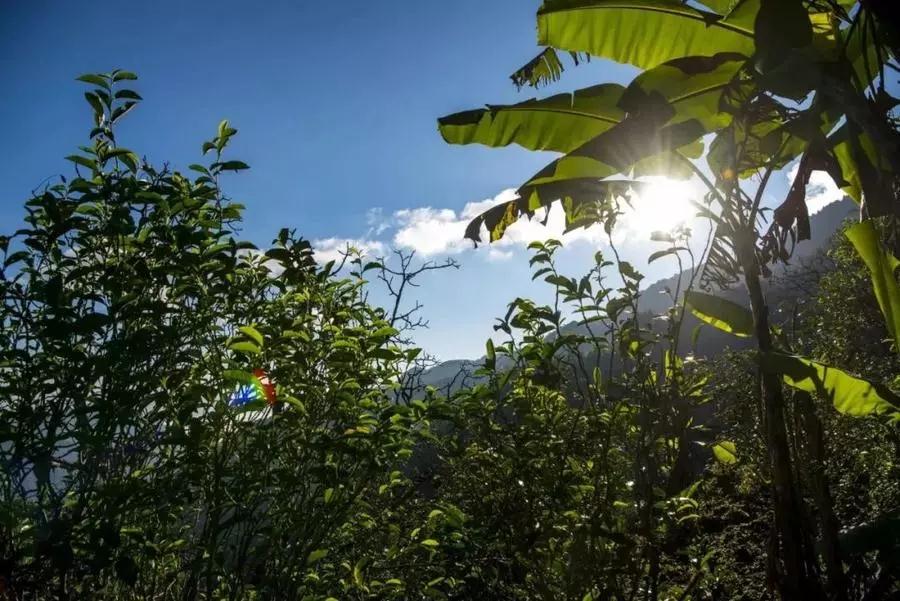Organic tea (such as) refers to the tea which is completely free from any synthetic chemical pesticides, chemical fertilizers, food additives and other chemicals in the process of cultivation and production, conforms to the standards of the International Federal of Organic Agriculture Movement and is certified by the Organic Food Certification Organizations.

International Federal of Organic Agriculture Movement (IFOAM) is one of the largest organic organizations in the world and is also the first international organic organization to enter mainland China for organic certification. Its organic certification does not aim at goods, but aims at following certain norms in the supervision over the system composed of production, packaging, transportation, sales and other behaviors.
Take organic agriculture with slightly higher level of recognition for example, the organic standards of this industry are as follows:
- Preserving thesoil fertility through biological measures;
- Reducingexternal inputs and manual reverse interventions;
- Prohibitingchemical fertilizers and pesticides;
- Establishingsubstance and energy cycles within the plantations; and
- Facilitating then survival of mankind and biodiversity.
Therefore, what all organic certification controls is actually the product manufacturing process, but not the results.

What are the requirements for organic tea?
The International Federal of Organic Agriculture Movement has formulated more than 100 standards for organic tea, wherein very specific harmless requirements are put forward for the soil, water quality and air in tea gardens, tea plucking and processing, the trace element content in tea components, and other aspects. The specific requirements are as follows:
- Environmental requirement:
Organic tea gardens should be far away from the cities, away from pollution sources, and should be generally located in the suburbs, in the places with a green surrounding environment. The tea mountains should be at high altitudes. The tea trees are surrounded by dense forest and shrouded in clouds and mist all the year round, which are beneficial to improvement of the quality of tea. And in the vicinity of the tea gardens, it is not allowed to burn straw and so on so as to keep the air in the tea gardens clean and fresh.
- Planting requirement:
Organic tea gardens should not use forbidden chemical fertilizers, pesticides, growth regulators and other chemical synthetic products within at least three years. If there are pests in tea gardens, physical methods or biological killing and other means, such as trap band and insecticidal lamp which we are more familiar with, are generally adopted. Water for organic tea gardens must also be in accordance with the provisions, and clean water sources should be used.

- Product
ion requirement:
Tea picking, processing and marketing are an integral whole. In each link, the surrounding environment must be strictly controlled. The tea should not be mixed with other tea categories. The whole processing process should be subject to strict quality supervision. Later storage also requires a special warehouse so as to prevent pollution.
- Traceability system requirement:
Organic tea has the whole-process quality tracking system, and each process is under strict quality supervision.
The requires for the production process of organic tea are high, and pesticide residues are completely eliminated, to truly achieve "zero residue and zero pollution". Of course, the price will also be slightly more expensive than common tea, but it is also worth it that tea lovers can drink real organic tea.


